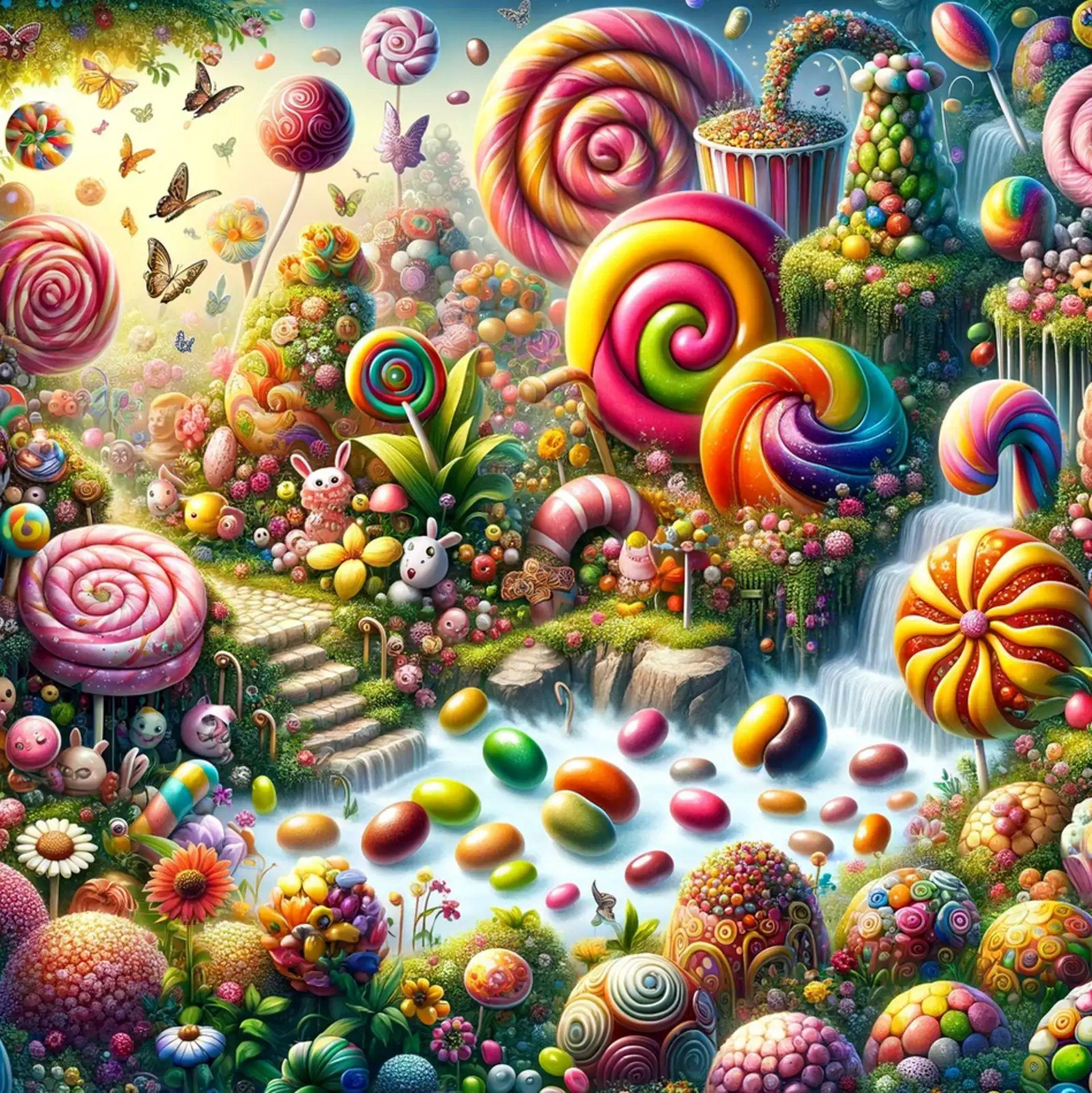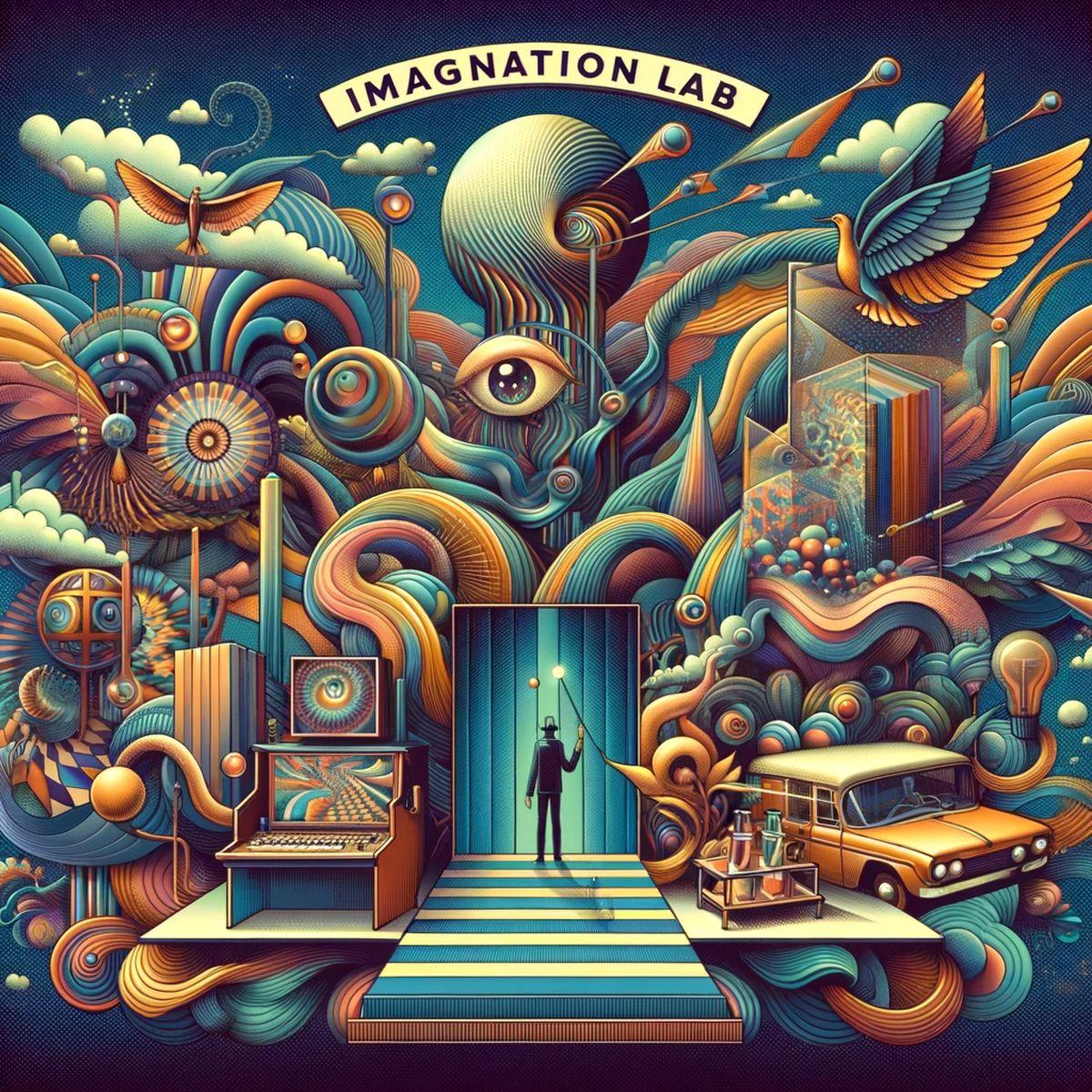Authorities were summoned to Glasgow, Scotland, to address disturbances at the Willy Wonka Experience. The incident, which led to an outcry among children, was a direct result of the disparity between the AI-generated advertisements’ promises of an “immersive experience” and the actual venue—a minimally adorned warehouse.
What’s the Willy Wonka Experience about?
The event, orchestrated by the House of Illuminati, levied ticket prices as high as £35 (approximately $45), for an event inspired by the Timothée Chalamet-led Wonka reboot. These promotions, crafted using artificial intelligence, depicted a whimsical world replete with lollipop forests, jellybean waterfalls, flying horses, giant mushrooms, and more, under the banner of transforming “chocolate dreams into reality.” The scenario unfolded as a significant deviation from the enchanting Willy Wonka Experience attendees were anticipating.

Upon the arrival of numerous families, eager to immerse themselves in the advertised wonders of the Willy Wonka Experience, they were met with a disheartening sight at a repurposed factory venue.
The location, characterized by its unclean windows and visible air conditioning ducts, was sparsely decorated with a handful of plastic decorations attempting to evoke the magic of a candy wonderland. This stark disparity between expectation and reality left many disenchanted.
The anticipation for a whimsical encounter with Oompa Loompas, as promised, quickly turned to disillusionment. These iconic characters, meant to be a highlight of the Willy Wonka Experience, were instead portrayed by actors who visibly struggled, having been given their scripts merely hours before and left to perform without the promised thematic props. Actors took to social media to express their dismay, revealing the lack of preparation and resources, which significantly detracted from the authenticity and enjoyment of the experience.

Stuart Sinclair, a customer, shared his frustration on Facebook, noting that the event, which was advertised as an hour-long Willy Wonka Experience, disappointingly concluded in roughly two minutes. The primary activity for many attendees turned out to be queuing to voice their grievances to the overwhelmed event organizers:
“This was described as the full Willy Wonka experience with chocolate fountains etc and a great day out for the kids, wouldn’t recommend this company for anything,” stated Sinclair.
In response to the backlash, the House of Illuminati reportedly extended full refunds to 850 dissatisfied customers and made the decision to cancel the event shortly after its commencement.

AI in advertising and consumer expectations
The rise of artificial intelligence has significantly impacted advertising, empowering companies to develop, target, and deliver more impactful campaigns. By analyzing vast datasets, AI unveils valuable insights into consumer behavior, allowing businesses to tailor their advertising with an unprecedented level of precision. However, this technological leap necessitates careful consideration of evolving consumer expectations.
Are AI-generated commercials the future of advertising?
AI-driven advertising often sets a high bar by leveraging personalized and highly engaging content. For instance, AI-generated promotional materials can be hyper-realistic and captivating, promising an experience that may not always translate perfectly into reality. This potential discrepancy between advertised experiences and actual offerings can lead to consumer disappointment and erode trust. A prime example is the Willy Wonka Experience, where AI-generated imagery failed to deliver the immersive fantasy world promised, resulting in significant consumer backlash.
To navigate these challenges, companies must prioritize transparency in their AI-driven advertising endeavors. Openly communicating what consumers can realistically expect from a product or experience is essential. Furthermore, ethical considerations surrounding AI usage are paramount. Advertisers must ensure their strategies do not exploit consumers’ vulnerabilities or create unrealistic expectations, fostering long-term trust and brand loyalty.

Regulatory and legal aspects of AI in advertising
Incidents like the Willy Wonka Experience remind us the importance of regulatory frameworks. As governments and regulatory bodies strive to keep pace with technological advancements, the need for clear guidelines and regulations governing AI’s application in advertising has become increasingly apparent. These regulations are crucial for protecting consumers from misleading advertising and ensuring fair competition among businesses.
One of the primary legal considerations is the accuracy of AI-generated content. Regulations may need to address the extent to which AI can be used to create or alter promotional materials and the necessary disclosures companies must make about the use of AI in their advertisements. Ensuring that AI-generated advertisements do not deceive or mislead consumers about the nature or quality of a product is paramount.
Featured image credit: Rene Bernal/Unsplash





